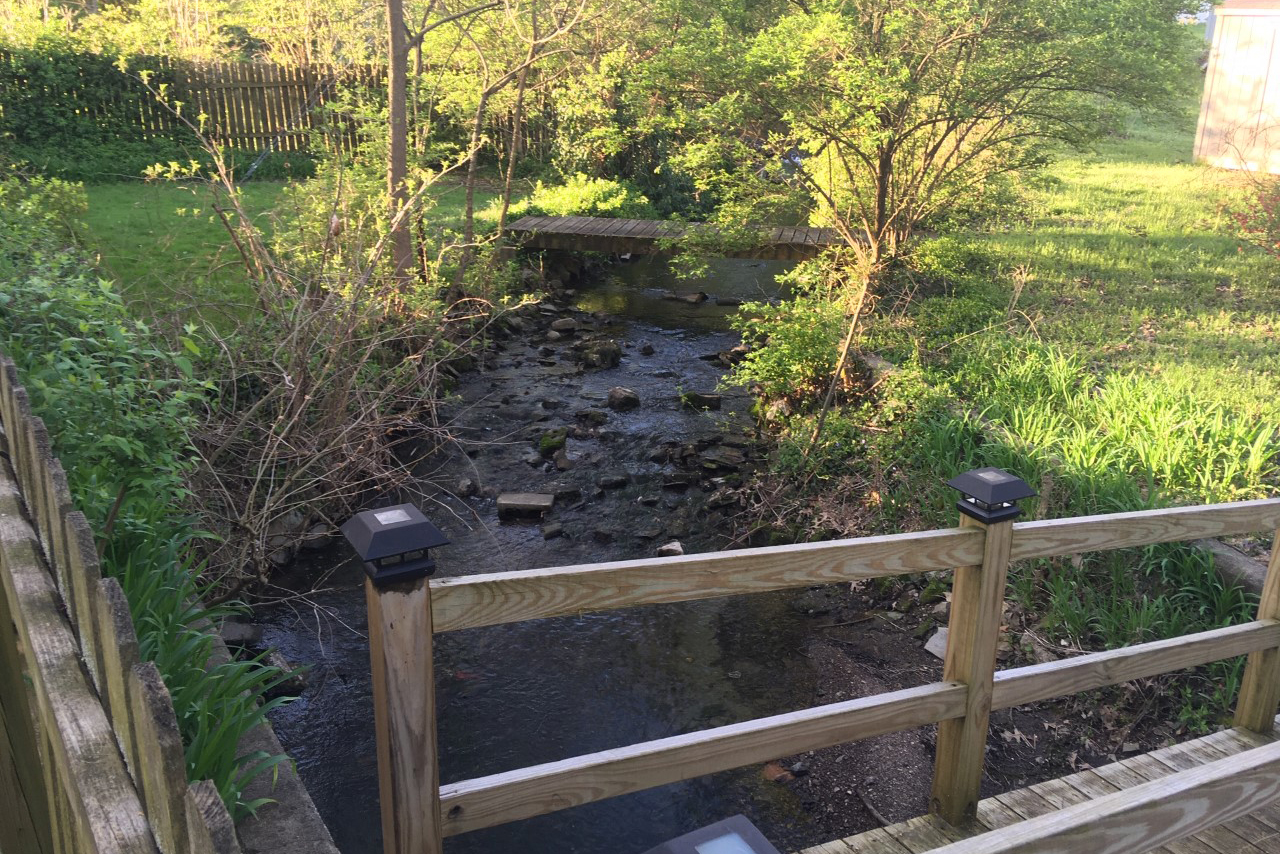Think before you flush, and other tips for protecting yourself and Kentucky’s water resources
Think before you flush, and other tips for protecting yourself and Kentucky’s water resources

LEXINGTON, Ky., — The coronavirus has forced people to either retreat into their homes or get out and explore the natural world more. Either way, water is a big part of everyone’s daily lives, and it’s important to protect Kentucky’s most valuable natural resource.
For many Kentuckians pushed inside by COVID-19 social distancing practices, sanitizing anything that doesn’t move – and a few things that do – has become a regular practice. Keepers of municipal sanitary systems are urging people to think before they flush. Disinfectant wipes are not flushable, no matter what the packaging may say. Wipes, paper towels, dental floss and facial tissue do not disintegrate and can tangle up pump station equipment and clog sewer lines and septic systems, which can have serious health and environmental impacts.
“Once those pipes are clogged, they can lead to contaminated streams, rivers or lakes from the surface overflow of untreated sewage,” said Amanda Gumbert, extension water specialist in the University of Kentucky College of Agriculture, Food and Environment. “With the current public health challenges the public faces, backed up sewerage is another health issue we need to avoid. Properly dispose of wipes in trash cans, not toilets.”
Also, personal care products, cleaning supplies and other household waste should be disposed of properly and never put down the sink, toilet or storm sewer. Instead, place it in the trash can or recycling bin if applicable or get rid of it at a local household hazardous waste disposal site. Many municipalities hold those events for disposal of hazardous waste on a regular basis.
Untreated wastewater, such that would back up or overflow from sewers or septic systems, contains bacteria that can make humans sick if ingested and can halt recreational use of beaches, lakes and streams. Plus, excessive nitrogen and phosphorus in sewage is hard on native plant and fish populations in Kentucky’s surface waters, and the organic matter sewage contains can choke off the oxygen supply in streams and rivers.
Kentucky is rich in wildlife and recreational opportunities because of the state’s 90,000 miles of rivers and streams.
“Spending time in nature is a great way to pass the time and educate children during this time of social distancing. It has been shown to improve overall mental health and it’s a good alternative to technology-based learning,” Gumbert said. “However, be aware that streams, rivers, lakes and ponds can harbor harmful bacteria and viruses, so be smart and wash your hands thoroughly, if you come in contact with water. And always avoid floodwaters.”
Learn more about “all things water” in Kentucky by listening and subscribing to the KYH2O podcast at https://kyh2o.podbean.com/. Now is also a good time to learn more about local streams. Backyard Streams in Kentucky, https://www.uky.edu/bae/backyardstreams, is a free, online course for becoming a local Stream Steward in your neighborhood.
Extension

